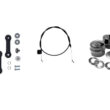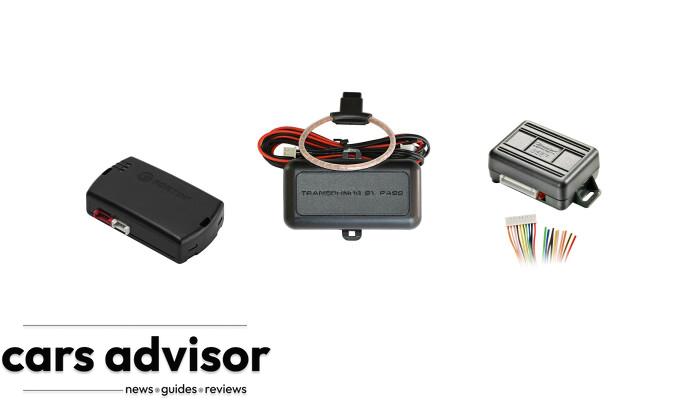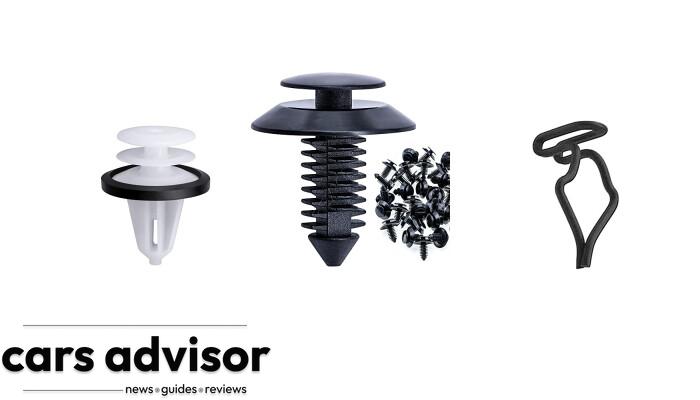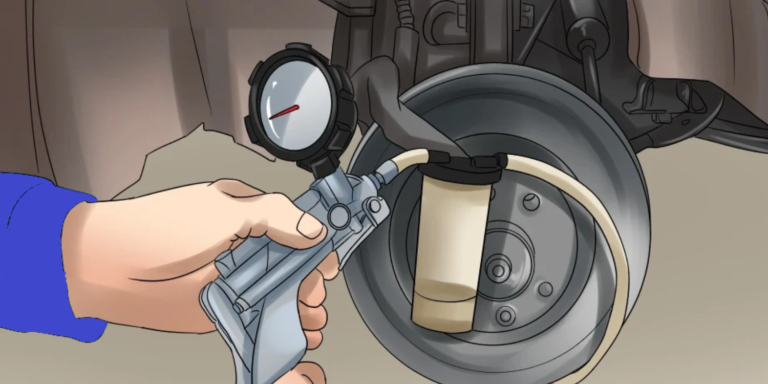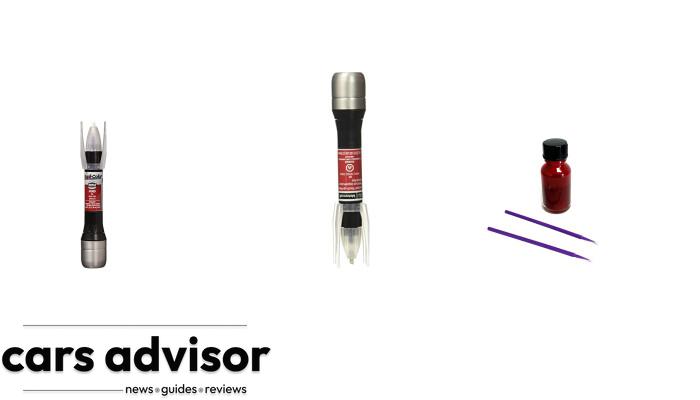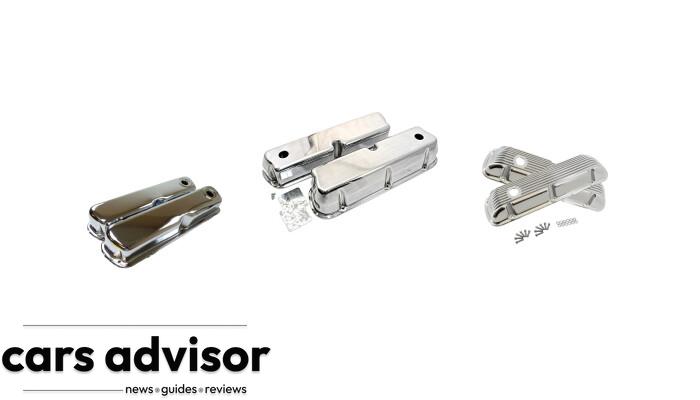Are you wondering about the differential fluid change cost and its importance in maintaining your vehicle’s health? You’re not alone.
As an essential component within your car’s axle, differential fluid is crucial in ensuring smooth operation and preventing costly repairs down the line.
In this blog post, we’ll explore what exactly goes into determining the costs associated with changing your differential fluid while emphasizing why it should never be overlooked as part of routine vehicle maintenance.
Understanding Differential Fluid And Its Importance
Differential fluid, also known as gear oil or axle lubricant, plays a critical role in properly operating and protecting a vehicle’s differential system, which helps transfer power from the engine to the wheels; regular fluid changes are important for maintaining long-term vehicle health.
Role Of Differential Fluid In Vehicle Operation
Differential fluid, also known as gear oil, plays a crucial role in ensuring the smooth operation of your vehicle. It acts as a lubricant for the gears inside your car’s differential, which transfers power from the engine to the wheels.
The purpose of having gears within this system is to allow your car to navigate turns and maintain stability on uneven terrain easily.
An excellent example of how important differential fluid is is when taking tight turns: without proper lubrication provided by high-quality gear oil, friction between metal components would increase significantly, leading to unwanted noise and potential damage and premature wear within your vehicle’s differential system.
By performing its role efficiently, the differential fluid helps maintain a healthy balance between those components’ working conditions and prolongs their lifespan.
Importance Of Regular Fluid Changes In Maintaining Vehicle Health
Regular fluid changes are critical to maintaining your vehicle’s health and longevity. Your car’s differential system, which transfers power to the axles and wheels, relies on clean and well-lubricated gear oil or differential fluid to function smoothly.
If you neglect regular differential fluid changes, old or contaminated fluid can cause significant damage to your car’s differential system over time, leading to costly repairs down the road.
By keeping up with recommended maintenance schedules for changing your vehicle’s fluids at recommended intervals, you can prevent these costly damages and enjoy improved fuel efficiency while promoting smoother shifting performance and minimizing excessive wear on parts such as bearings and seals.
In summary, regular differential fluid changes ensure long-term vehicle health by reducing wear and tear on key components of your car’s transmission system.
Factors Affecting Differential Fluid Change Cost
The type of vehicle and differential, the quality of fluid used, and labour costs are common factors that affect the cost of a differential fluid change; read on to learn more about how each factor can impact your wallet.
Type Of Vehicle And Differential
The cost of a differential fluid change can depend heavily on the type of vehicle and differential system. For example, a high-performance sports car with a complex rear axle may require more time and expertise to service compared to a standard sedan.
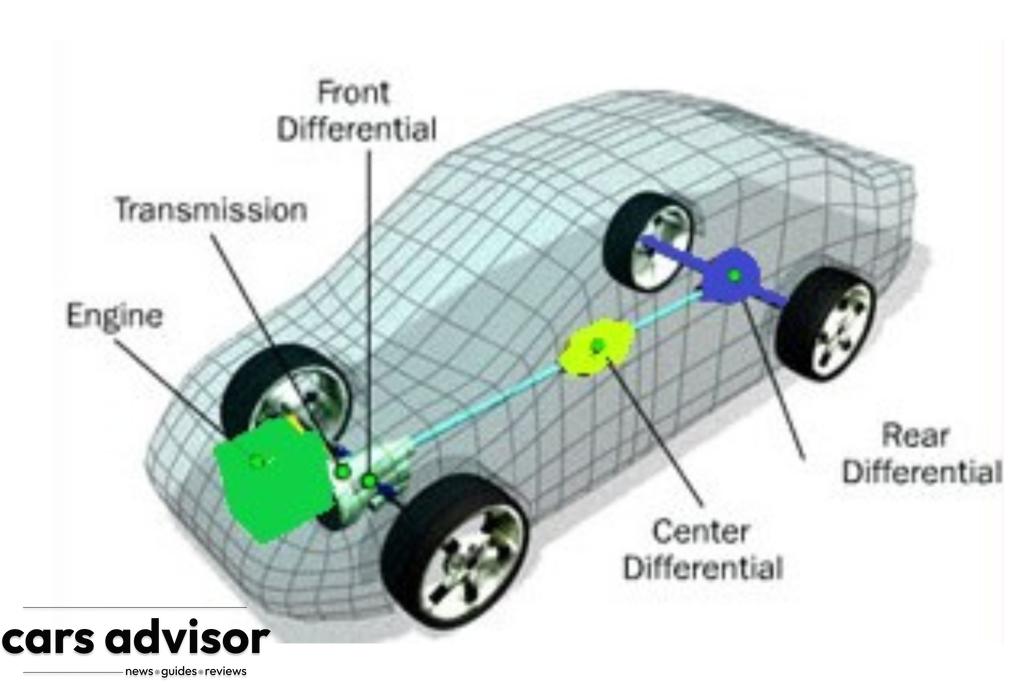
Additionally, some 4-wheel drive vehicles have multiple differentials that must be serviced regularly. Your car’s specific make and model will also play a role in determining the cost of parts and labour for the job.
Type And Quality Of Fluid
Choosing the right type and fluid quality for your differential can affect the cost of a fluid change.
Some vehicles require specialized or synthetic fluids, which may be more expensive, while others have specific requirements regarding viscosity levels.
Using low-quality or incorrect fluids can damage your differential and result in costly repairs, so it is important to follow manufacturer recommendations.
Some high-performance vehicles may also require a higher-grade fluid that meets certain specifications.
Labour Costs
As with any auto repair or maintenance service, labour costs can greatly affect the price of a differential fluid change. The labour cost for a differential fluid change typically ranges from $50 to $70.
However, this may vary depending on the location and service provider.
In some cases, DIY enthusiasts may change their differential fluid to save on labour charges. While this can be a cost-effective solution, having proper mechanical knowledge and tools is important before attempting such projects.
Average Cost Of Differential Fluid Change
The average cost of differential fluid change can vary depending on several factors. However, understanding the breakdown of parts and labour and comparing dealership vs independent shop prices can help you save money in the long run.
Cost Breakdown Of Parts And Labor
When changing the differential fluid, it’s essential to understand the cost breakdown of parts and labour involved in the process.
This will help you be more informed and prepared when it’s time for your vehicle’s fluid change.
Below is a table outlining the typical costs for parts and labour involved in a differential fluid change:
| Cost Component | Average Cost |
|---|---|
| Fluid (per quart) | $6.99 to $37.99 |
| Average Fluid Cost | $10 to $15 |
| Labour | $50 to $70 |
| Total Cost | $70 to $150 |
Remember that these costs can vary depending on the type of vehicle, the location of the service provider, and the quality of the differential fluid used.
Always prioritize regular differential fluid changes for your vehicle’s long-term health and cost savings.
Comparison Of Dealership Vs. Independent Shop Prices
Based on my experience, the cost of differential fluid change can vary depending on whether you go to a dealership or an independent shop.
Dealerships are more expensive, often charging up to 20% more than independent shops for the same service.
For example, while a dealership may charge $140 for a differential fluid change, an independent shop may only charge around $100 for the same service.
However, it’s important to remember that going with an independent shop doesn’t always mean you’ll get better prices or quality of service.
Researching and finding reputable and affordable repair shops in your area is crucial.
Price shouldn’t be the only factor when choosing where to have your differential fluid changed – finding a reliable technician who uses quality fluids is also essential for ensuring the optimal performance and longevity of your vehicle’s differential system.
Saving Money On Differential Fluid Changes
To save money on differential fluid changes, one can prioritize regular maintenance to avoid costly repairs, consider DIY fluid changes for those with mechanical experience, and find affordable and reputable repair shops.
Regular Maintenance To Avoid Costly Repairs
As someone who has worked in the auto repair industry for years, I cannot stress enough the importance of regular vehicle maintenance.

Not only does it help prevent breakdowns and costly repairs, but it can also prolong the life of your car.
Here are some tips for maintaining your car to avoid costly repairs:
- Change your oil regularly: This is one of the most important things you can do to keep your car running smoothly. Fresh oil lubricates vital engine components and helps prevent wear and tear. Aim to change your oil every 5,000 miles or as your vehicle’s manufacturer recommends.
- Check tire pressure: Properly inflated tires improve fuel efficiency and help prevent blowouts and other tire-related issues. Use a tire gauge to check your tire pressure once a month and adjust as necessary.
- Replace worn brakes: If you notice squeaking or grinding noises when braking or if your car takes longer to stop, it’s time to have your brakes inspected. Replacing worn brake pads early can prevent damage to other brake components and save you money in the long run.
- Keep up with fluid changes: Besides changing your oil, it’s important to regularly check and replace other fluids such as transmission fluid, brake fluid, power steering fluid, and coolant. Neglecting these fluids can lead to serious problems down the road.
- Address warning lights promptly: If a warning light comes on in your car’s dashboard, don’t ignore it. Take your car to a mechanic as soon as possible to diagnose and fix any issues before they become more serious (and expensive) problems.
By following these simple tips for regular maintenance, you can avoid costly repairs down the road and keep your car running smoothly for years to come.
DIY Fluid Changes For Those With Mechanical Experience
If you have some mechanical experience and the right tools, changing your differential fluid can be straightforward and cost-saving.
Here are some steps to follow:
- Find out what type of differential fluid your vehicle requires by checking the owner’s manual or consulting an automotive professional.
- Gather the necessary tools such as a jack, jack stands, a drain pan, a socket wrench set, and a funnel.
- Raise your car using a jack and place it on jack stands.
- Locate the differential drain plug or bolts and remove them to allow old fluid to drain into the pan below.
- Once all fluid has drained out, replace the drain plug or bolts.
- Using the funnel and the appropriate amount of new differential fluid (again referring to your owner’s manual), fill the differential until it reaches the necessary level.
- Replace any covers that were removed during draining.
- Start up your vehicle and drive it around for 10-20 minutes to let the new fluid circulate throughout the system.
By performing regular DIY fluid changes independently, you may save on labour costs associated with taking your car in for service.
Finding Affordable And Reputable Repair Shops
As someone always looking to save money on vehicle maintenance, I understand the importance of finding affordable and reputable repair shops.
Here are some tips to help you find the right shop for your differential fluid change:
- Ask for recommendations from friends and family members with experience with different repair shops in your area.
- Check online reviews on sites like Yelp or Google to get an idea of the quality of service provided by different shops.
- Call a few shops to compare prices and ask about their experience working with your specific type of vehicle.
- Look for independent repair shops that may offer lower prices than dealerships but still provide high-quality service.
- Don’t be afraid to negotiate or ask for discounts, especially if you are a regular customer or have multiple services done simultaneously.
By taking these steps, you can find a reputable and affordable repair shop to help you keep your differential system in good condition without breaking the bank.
Conclusion: Prioritizing Regular Differential Fluid Changes For Long-Term Vehicle Health And Cost Savings
After understanding the importance of differential fluid changes and the factors affecting their cost, it’s clear that regular maintenance is key to keeping your vehicle running smoothly.
By prioritizing regular differential fluid changes, you can prevent costly repairs down the line and extend the life of your vehicle.
Whether you choose to do it yourself or find an affordable and reputable repair shop, investing in this vital aspect of vehicle maintenance will ultimately save you both time and money in the long run.
FAQs:
1. What is the average cost of a differential fluid change?
The cost of a differential fluid change varies depending on the make and model of your vehicle and the specific type of fluid needed. On average, you can expect to pay between $75 and $150 for this service.
2. Why is it important to get my differential fluid changed regularly?
Differential fluid is essential in keeping your vehicle’s transmission system running smoothly by lubricating its gears and preventing friction from causing damage. Regularly changing this fluid helps maintain optimal performance and prolongs the lifespan of your car.
3. How often should I have my differential fluids changed?
Most manufacturers recommend that vehicle owners get their differential fluids changed every 30,000-50,000 miles or every 2-3 years, whichever comes first. However, it’s always best to refer to your owner’s manual for specific guidelines based on your car’s make and model.
4. Can I change my differential fluids, or need a professional mechanic?
While some experienced home mechanics may be able to perform this task independently with proper tools and knowledge.
We recommend leaving it up to professionals with experience working with differentials specifically since they can spot any potential problems before they become costly repairs if not handled properly otherwise.
It may lead to issues like poor performance which could further lead to repair costs over time if ignored, so better leave these maintenance tasks up to experts only.
